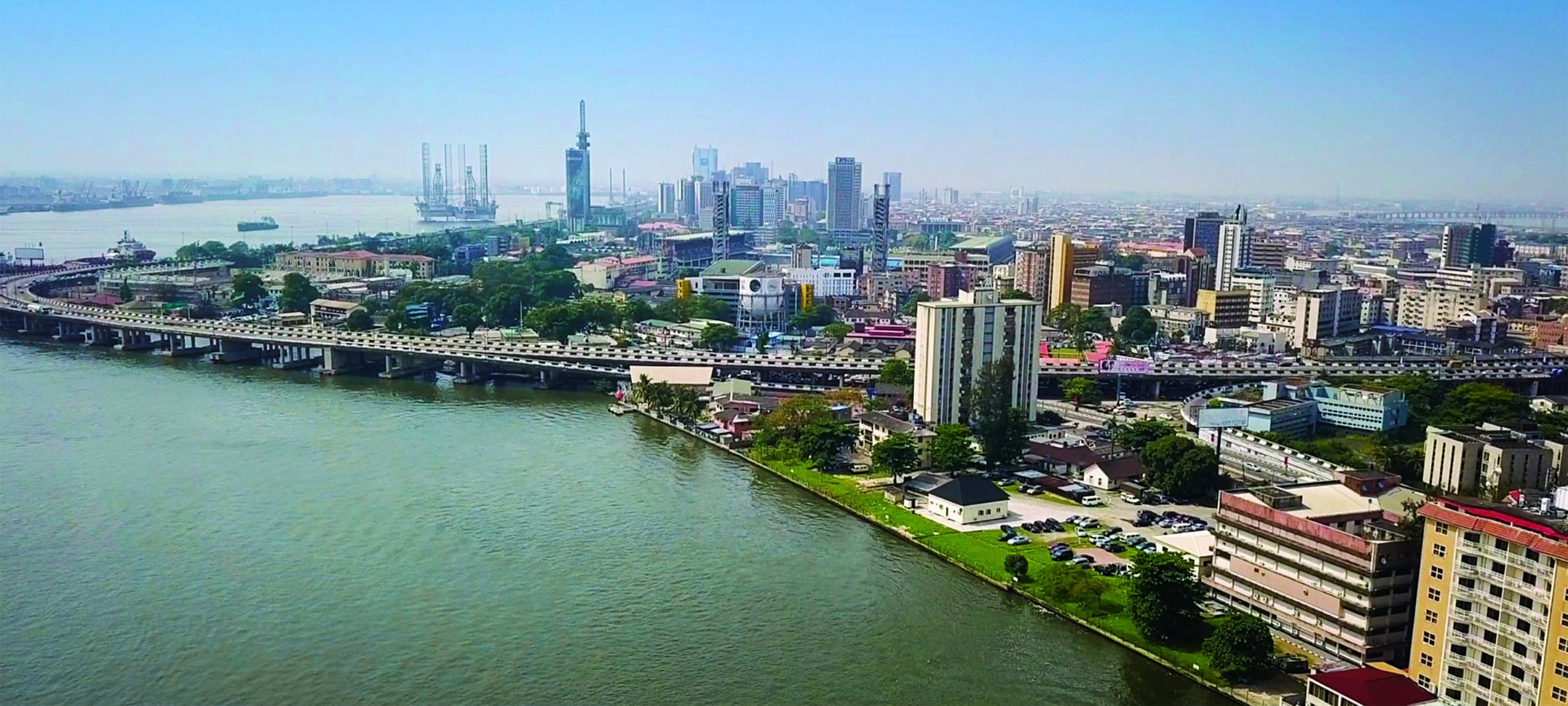“As President of Nigeria and the Pan African Great Green Wall, my commitment to working assiduously towards addressing land degradation, food security, desertification, climate change, depletion of the forest ecosystems and biodiversity in Nigeria, Africa and the world remains a top priority.” H.E. Muhammadu Buhari, President of Nigeria
According to the United Nations Department of Economic and Social Affairs, Nigeria is predicted to replace the USA as the third most populated country on the planet by 2050, an important factor driving its national policy on climate change and its focus on guaranteeing national food security while fostering a low-carbon, high growth economic development. Indeed, it is with this in mind that the largest oil and gas producer in Africa is currently on a mission to fortify its prosperity through diversity, inclusion, sustainability and a shift towards the inexhaustible potential of renewable energy. H.E. President Muhammadu Buhari states, “As we walk along the path of revival, recovery, resilience, recycling and restoration, the importance of protecting our resources is key to guaranteeing the peace, security and prosperity of our nation for present and future generations. Only by protecting our planet and its biodiversity can we effectively secure our collective survival.”
President Buhari’s vision for sustainability was set in motion through Nigeria’s Agriculture Promotion Policy which has worked relentlessly to revive the nation’s agricultural sector’s capacity for self-sufficiency. Nigeria’s Green Alternative works to consolidate partnerships with key stakeholders in order to build a long-term agribusiness economy that not only meets Nigeria’s domestic food security demands but boosts exports and promotes sustainable income and job growth.
Population growth is also a major factor driving the nation’s digitalisation agenda, ensuring Nigeria’s thriving growth trajectory remains on track and its enabling economic transformation is in full compliance with climate-friendly policies while boosting job creation. In February 2022, the EU announced its plan to invest €820 million in support of the country’s digital economy over the next three years to nurture Nigeria’s enormous potential for digitalisation. At the same time, the effects of the pandemic have acted as a catalyst in accelerating the push for digital services offered, particularly in public administration, healthcare, financial services and education. “Nowadays, everything has gone digital,” declares Mofid Karameh, Chairman and CEO of Mikano International. “This is the future and, for an organisation to survive, it needs to keep up with the trend. At Mikano, we are continually improving our processes and digitisation is how we are setting the pace.”
Furthermore, Nigeria has made innovative progress with the repositioning of Lagos State as a smart city, and in November 2021, Nigeria became Africa’s first nation to introduce a digital currency when it launched the eNaira, an electronic version of the paper naira currency, issued by the Central Bank of Nigeria. “We are trying to promote an African Silicon Valley in Lagos in the hope that a lot of investment happens,” explains Samaila Zubairu, President and CEO of the African Finance Corporation. “We think there’s a massive opportunity for digital infrastructure and we are driving that significantly.” The government’s Strategic Economic Roadmap and Action Plan 2021-2024, which is contained in the Nigerian National Digital Economy Policy and Strategy, is facilitating digitisation through the promotion of digital literacy, cybersecurity, digital innovation and entrepreneurship. Emerging technologies and services such as cloud solutions, Intelligent Connectivity and IoT are in place while Nigeria is set to become Africa’s highest 5G subscriber by the end of 2022. The Nigerian administration also plans to migrate all government paper activities to paperless by 2030. Paperless activities concentrate the focus and impact of digitalisation in all sectors, including power-generation operations and real estate, where an online electronic conveyance system is currently underway. “The whole idea in Nigeria and for us, as a Group, is to keep abreast with global trends,” declares Chairman and CEO of Cosgrove, Umar Abdullahi. “We are leveraging technology and the internet to improve our lives, and this is what Cosgrove is all about; we have already started venturing into full automation.”
Determined to reset Nigeria’s economy and in response to the COVID-19 pandemic, in 2020 President Buhari’s government has additionally approved the US$5.9 billion Nigeria Economic Sustainability Plan (NESP). The plan’s main objective lies in revitalising and diversifying the economy while securing employment and boosting job creation through the implementation of strategic investments in sectors that guarantee longstanding economic growth. With a focus on renewable energy and its potential to electrify and guarantee off-grid sources, the plan pivots upon 10 key projects, two of which focus on the energy sector. The first of its energy projects is a US$619 million commitment to Solar Homes Systems Project which aims to install solar home systems for up to five million households while serving 25 million individual Nigerians who are currently unconnected to the national grid. The second project is a ₦113 billion scheme that looks to advance the implementation of gas (CNG and LPG) in order to bridge the passage from fossil fuels to a cleaner source of energy. The plan aims to create 250,000 new jobs in the energy sector, empowering communities and stimulating the domestic manufacturing industry.
Thirty-seven million Micro, Small and Medium Enterprises in Nigeria contribute to 48% of the country’s GDP, the definitive confirmation of the role MSMEs play in stimulating Nigeria’s economy. With this in mind, the Economic Sustainability Plan has also incorporated a national MSME Survival Fund to provide support following the repercussions caused by the pandemic, while guaranteeing the ideal environment for independent ventures to flourish.
Nigeria’s response to the world’s environmental emergency combined with its drive for diversity, promotion of inclusion and commitment to poverty reduction, is both powering and empowering the nation. The Giant of Africa is taking huge strides along the path of sustainability to reach prosperity while harnessing health, opportunity and a new economic model for the world to admire.

